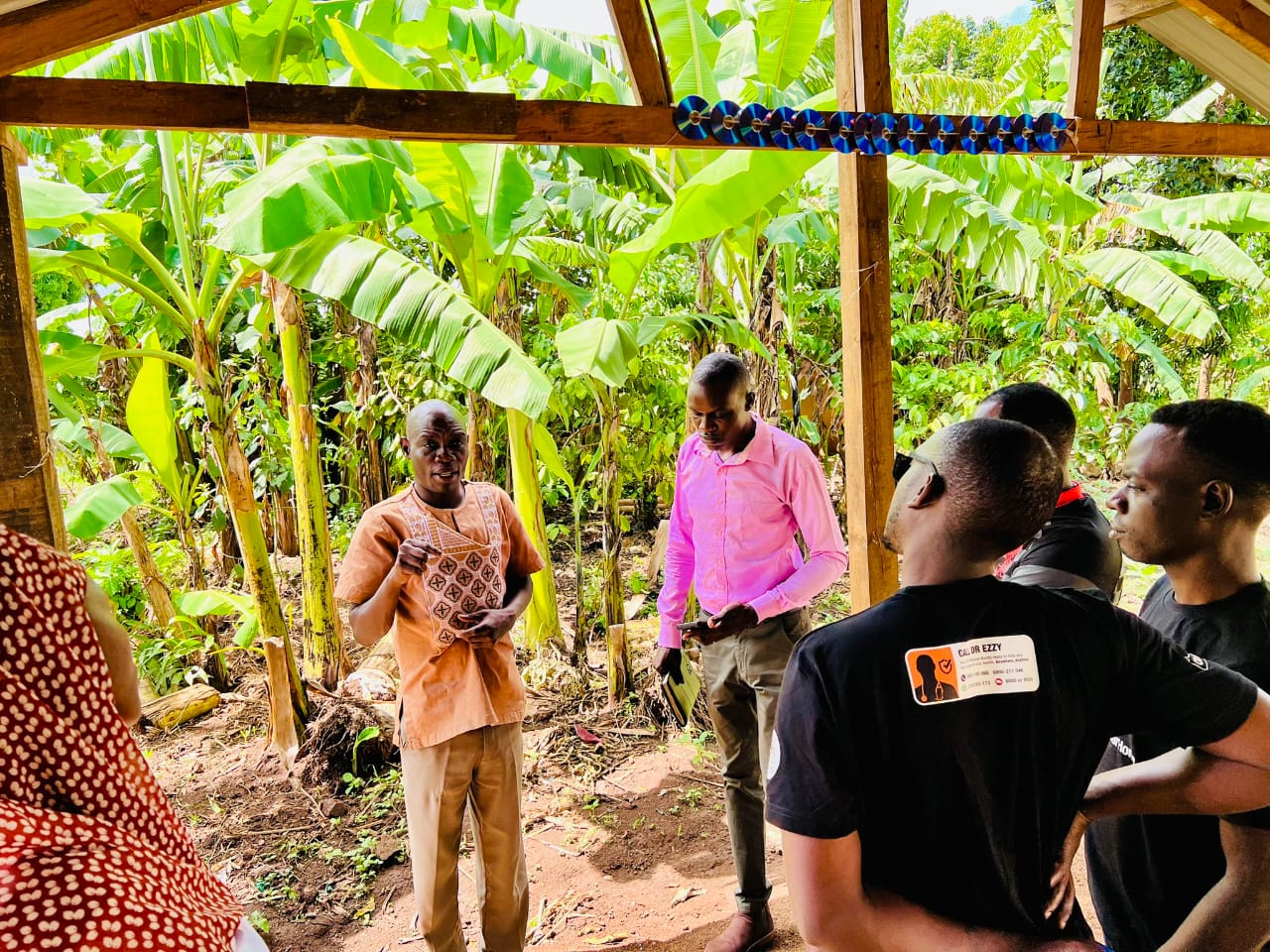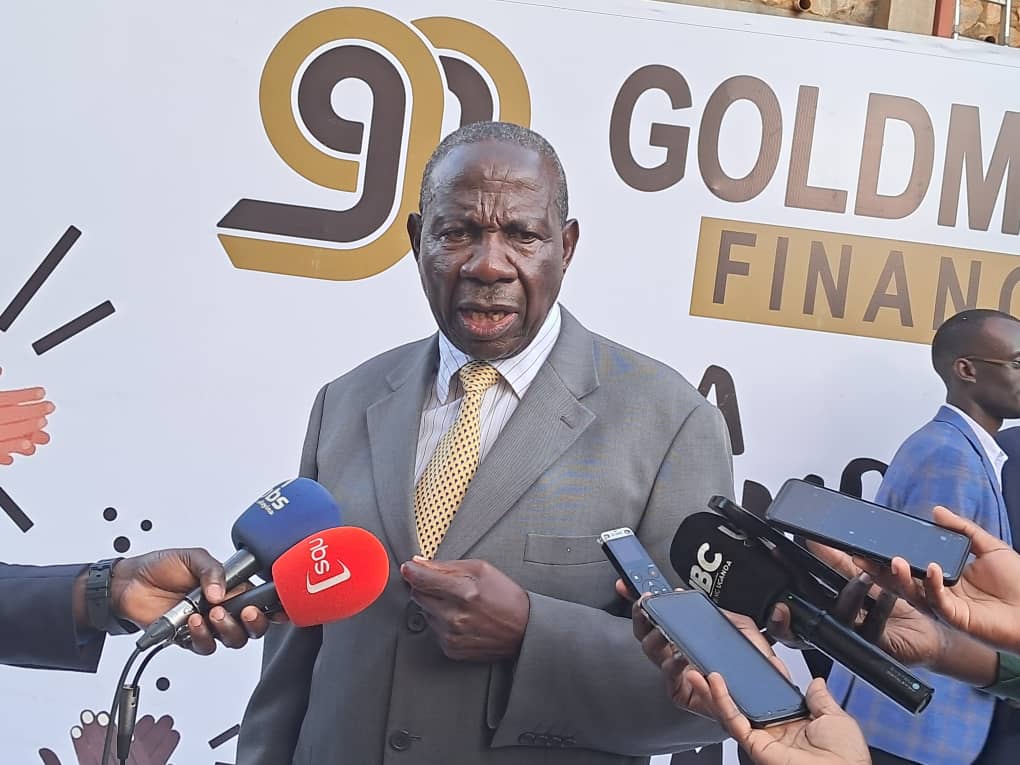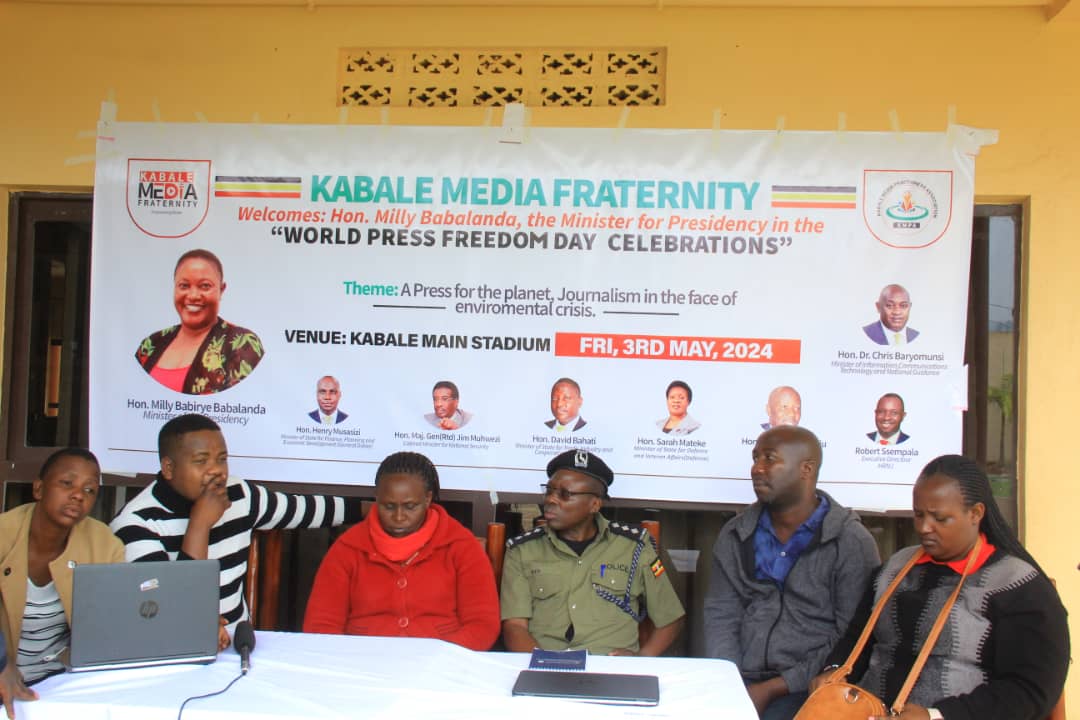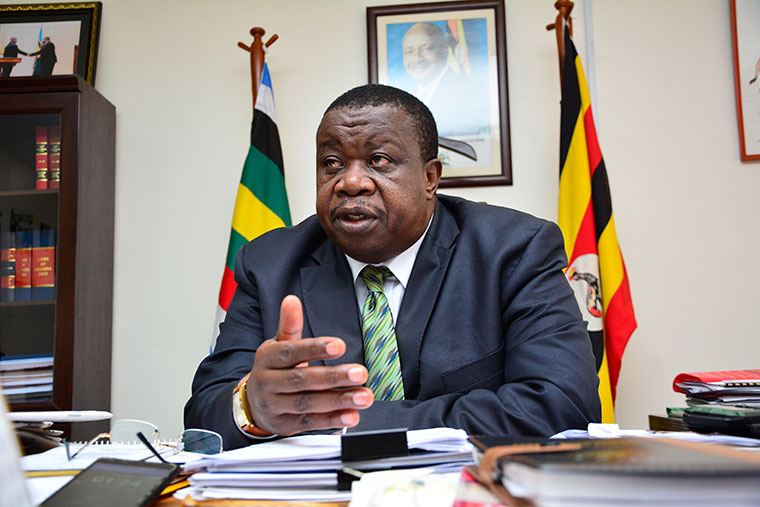Buganda's Influence on Uganda's Political Landscape: Exploring the Dynamics
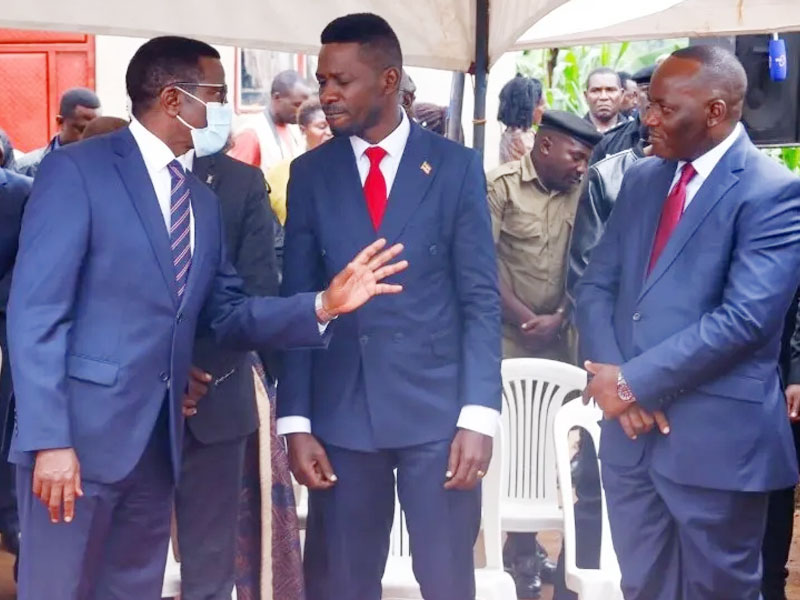
Buganda, the largest and most influential kingdom in Uganda, has long played a pivotal role in shaping the country's political landscape. With its rich cultural heritage and significant population, Buganda's influence extends far beyond its borders, often impacting national politics in profound ways.
Historically, Buganda has been a powerhouse in Ugandan politics, dating back to pre-colonial times when the kingdom wielded considerable power and influence. Following Uganda's independence in 1962, Buganda continued to assert its influence, particularly through its monarchy and cultural institutions.
Keep Reading
One of the key ways in which Buganda influences Uganda's political landscape is through its ability to mobilize support among its population. Buganda's large population, combined with a strong sense of cultural identity and solidarity, makes it a formidable force in national elections and political movements.
Moreover, Buganda's leaders, including the Kabaka (king) and other traditional authorities, often weigh in on important political issues, shaping public opinion and influencing government policies. Their endorsements or criticisms can sway public opinion and impact the decisions of political leaders at both the local and national levels.
Buganda's economic importance also contributes to its political influence. As the economic hub of Uganda, Buganda generates a significant portion of the country's GDP and attracts investment from both domestic and international sources. This economic clout gives Buganda leverage in political negotiations and policymaking processes.
Furthermore, Buganda's historical grievances and quest for autonomy have shaped the country's political landscape, contributing to debates over federalism, decentralization, and governance structures. Issues related to land ownership, cultural rights, and political representation remain central to Buganda's political agenda and influence national discourse on these topics.
In conclusion, Buganda's role in Uganda's political landscape is undeniable. Its cultural, demographic, economic, and historical significance position Buganda as a key player in shaping the country's political dynamics. As Uganda continues to navigate its political future, Buganda's influence will likely remain a critical factor in shaping the nation's trajectory.






